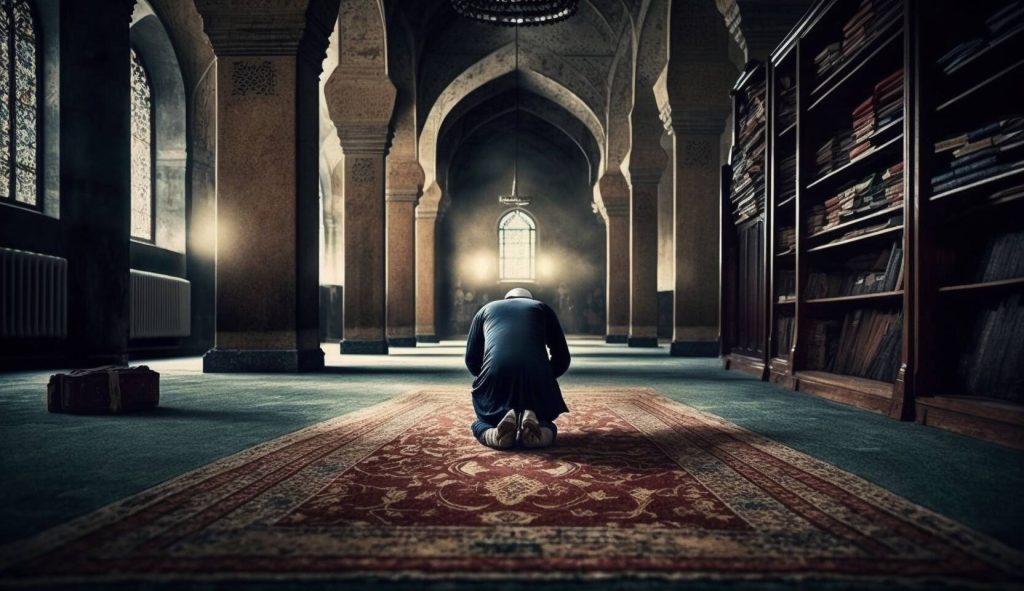In Islam, a sutra of communication with Allah is through supplication or dua. Muslims believe that this act of unfettered devotion can be done at any time and in any language without any specifications. The essence of the belief is that a practitioner can get much closer to their lord by accepting their weaknesses and asking for forgiveness. Prayer, like all aspects of Islam, doesn’t solely concern oneself with actions; practitioners often ask for thanks or commit during their prayer. As well, the concept of dua in Christian religions is more specific. Muslim supplication is very important.

The Power of Supplication
Dua is perhaps best appreciated for the comfort and peace it provides the believer. For believers who are possibly facing challenges, there is comfort in making Allah their source, as it is said He knows what is best and when to provide for anyone. Supplication as a practice of raising one’s hand is but a physical act of submission and faith. It is an expression of complete dependence upon God.
Dua is equally crucial in the formation of a believer’s character. It instills hope within them, reminding them to be fully committed and focused on their growth. Muslims develop a willpower and attitude that does not wait for Him to hear their calls and respond in the best-known fashion possible, whether it be a long delay or offering them something better.
Types of Supplications
In Muslim prayers, supplications can be classified into two main categories:
Prescribed Supplications
These are particular Duas, which were taught by the Prophet Muhammad (peace be upon him), for specific occasions or events that are frequent in the life of the individual. These include waking up, having meals, and even traveling; the list is endless. While many of the common supplications may be short in terms of their wording, even within brevity they are powerful. They thus link the worshipper of Allah to God within their day-to-day movements.
Personal Supplications
Muslims should ask Allah personal Duas in which he or she highlights issues or aspirations that are unique to him or her. Such prayers are indeed sincere and bring people closer to Allah since they trust Allah’s mercy so much that they are willing to ask Him.
The Etiquette of Supplication
In the process of making supplications, Muslims observe certain etiquettes that include starting with the mention of Allah’s attributes, blessings upon Prophet Muhammad, humility, patience, and argumentation. Other rules of facing the Qibla with hands raised and avoiding haste are also encouraged.
Conclusion
In Islam, Muslim supplication is not just addressing Allah with a request for mercy; rather, supplication is an act of Ibadah aimed at the freedom of the soul or a way to strengthen one’s Iman. It should be understood that parents have a great place in Islam, so when Muslims make Duas in the sense of sovereignty, they do not invoke Allah; instead, they sit in idolatry and from that position, they become stronger.
